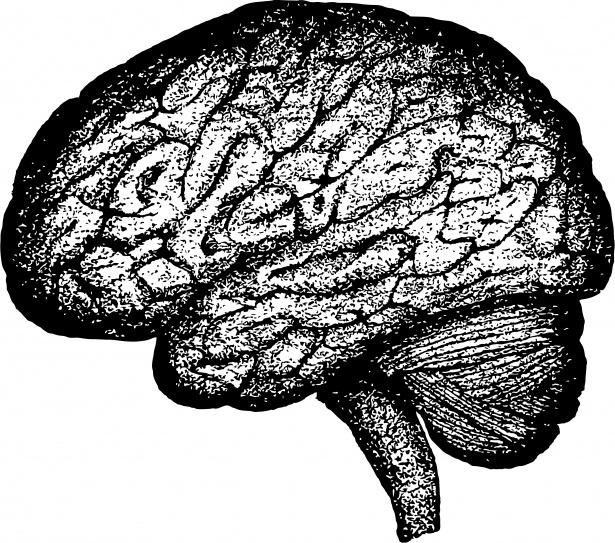 English
English

According to new research, a meal can trigger reward signals in the brain twice-first when the food is ingested and again when the food reaches the stomach.

Washington DC: According to new research, a meal can trigger reward signals in the brain twice-first when the food is ingested and again when the food reaches the stomach.
The study, published in the journal 'Cell Metabolism', highlights how close interactions between the brain and the digestive system are able to reinforce food intake, and may even provide a clue as to why we sometimes overeat the food we crave the most.
It is a well-known fact that food can trigger the release of the 'feel-good hormone' dopamine in the brain.

"With the help of a new positron emission tomography (PET) technique we developed, we were not only able to find the two peaks of dopamine release, but we could also identify the specific brain regions that were associated with these releases. While the first release occurred in brain regions associated with reward and sensory perception, the post-ingestive release involved additional regions related to higher cognitive functions," said senior study author Marc Tittgemeyer.
In the study, 12 healthy volunteers received either a palatable milkshake or a tasteless solution while PET data were recorded. Interestingly, the subjects' craving or desire for the milkshake was proportionally linked to the amount of dopamine released in particular brain areas at the first tasting. But the higher the craving, the less delayed post-ingestive dopamine was released.

"On one hand, dopamine release mirrors our subjective desire to consume a food item. On the other hand, our desire seems to suppress gut-induced dopamine release," said study co-author Heiko Backes.
Suppression of gut-induced release could potentially cause over-eating of highly desired food items. "We continue to eat until sufficient dopamine was released," added Backes.

Earlier experiments have demonstrated gut-induced dopamine release in mice, but this is the first time it has been shown in humans. (ANI)